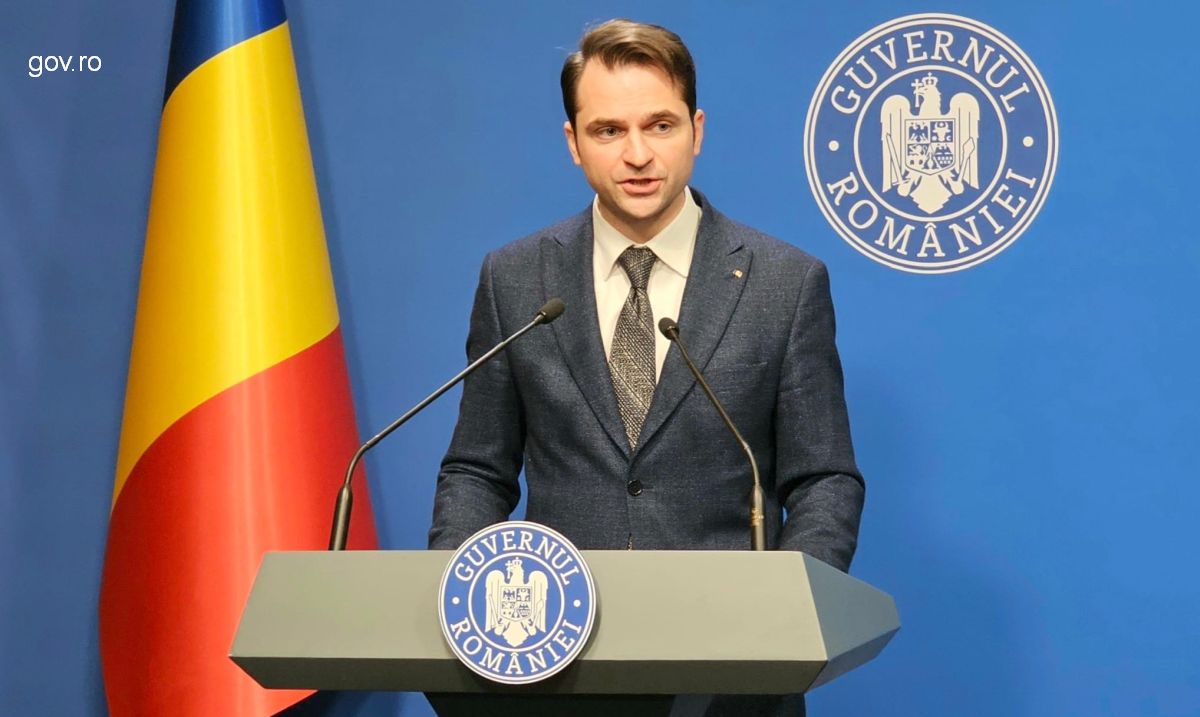Rural development programme designed to modernise Romania
Gov't puts together action plan designed to help develop the rural middle class.

Valentin Țigău, 21.03.2016, 13:58
The set of measures that the Government has put together and known as “The Rural Package, is intended to support Romanias three million farmers. At present 73% of the Romanian farmers are engaged in subsistence agriculture, and the Government aims to enable them to support themselves and their families from the incomes generated by self-sufficient farming.
The measures include the employment of family members, who will thus increase the household incomes and have access to public healthcare. Another measure is to encourage farmer associations, which were quickly abandoned after the fall of communism in 1989, once the regime switched from collective state ownership to private property. Associations will make it easier for farmers to purchase raw materials, sell their products or process them, and will facilitate their access to development loans and co-financing. The ultimate goal of the “Rural Package is to create and develop a rural middle class, comparable to the one in urban areas.
The farmer support plan created by the Ciolos Cabinet goes hand in hand with a broader anti-poverty programme launched in February. The programme will be financed both from the public budget, and from European funds, and its objectives also include the promotion of social inclusion by reducing poverty. As the Prime Minister Ciolos explained a month ago, it is an integrated scheme, organised according to life cycles, so as to provide a safety net to all those who face poverty risks, regardless of their age, throughout their lives.
In the rural environment, where risks are higher, the Government wants to ensure better social protection both for children, at birth and during their school years, and for underprivileged categories. Also, the set of family-focused integrated measures covers social housing, grants for home improvement works, schemes to reduce domestic violence and to prevent the separation of children from their families, incentives for day labourers, guarantees for small loans, lower interest rates for entrepreneurs in underprivileged regions, facilities providing free meals to the poor, fighting digital illiteracy in marginalised communities.
This type of measures is not a novelty for the former European Commissioner for Agriculture, Dacian Ciolos. In 2013, he laid the foundations of the EU Common Agricultural Policy, which included measures to support young farmers, special attention paid to environmental protection and a pragmatic approach to the budget, so as to provide financial support to active farmers.






























